How to Maintain a Bird Nectar Feeder
Bird nectar feeders are a fantastic way to attract and feed birds such as hummingbirds. However, keeping a nectar feeder maintained and clean can be a bit tricky, especially for new bird enthusiasts. Let's examine how to maintain a bird nectar feeder and why correct maintenance is vital.
Is a Bird Nectar Feeder Actually Bad?
In theory, putting up a bird nectar feeder helps hummingbirds to find food and allows you to view them up close. It seems like it should be a mutually beneficial arrangement. However, you may have seen some alarming headlines about nectar feeders being bad for hummingbirds. By putting up such a feeder, could you be harming the birds without realizing it?
Hummingbird feeders themselves are not inherently bad for birds. What is bad for birds is when people don't take responsibility for the feeders or take extra steps that actually harm hummingbirds. By taking mindful care of your feeder, you can rest assured that you are helping the birds rather than hurting them.

Keep the Bird Nectar Feeder Clean
Hummingbird nectar is a sugary solution. If left outside for too long, it can spoil. Exposure to sunlight and heat can accelerate this process. Spoiled nectar can breed the following pathogens:
- Bacteria
- Mold
- Mildew
Candidiasis is a disease that hummingbirds can developdue to mold exposure. It can cause them to starve to death because of tongue swelling.
You can prevent nectar from spoiling by cleaning, sterilizing, and refilling the feeder once a week in mild weather and once every two days when it gets hot.
To make that easier:
- A hummingbird feeder cleaning brush set helps reach into all those little nooks and crannies.
- A feeder with removable parts or one that’sdishwasher-safe makes deep cleaning way less of a chore.
- And a small outdoor thermometer can help you track when the heat’s cranking up so you know it’s time to swap the nectar more often.

Clean feeder = happy birds. Happy birds = major backyard joy.
Check out our post How to Help Hummingbirds in Winter to learn more about bird nectar feeder maintenance during colder periods.
Don't Add Any Dye to the Nectar
Hummingbirds are big fans of red — no surprise there. But that doesn’t mean you need to add red dye to your nectar. In fact, it’s better if you don’t. While there’s no definitive scientific proof that red dye harms birds, there’s enough anecdotal concern that it’s best to skip it.
Instead, just opt for a feeder with red accents already built in. It’ll catch their eye without putting their health at risk.

Fill the Bird Nectar Feeder With the Proper Solution
You can make your own hummingbird nectar from scratch or buy it premade. Experts are divided on which is better. In either case, you should never add anything to the solution, and if you buy premade nectar, you should follow the directions on the package for mixing it with water, if needed, and filling the feeder.
If you make your own nectar, you have to be sure that it has just the right amount of sugar. Too little sugar and the birds won't receive enough sustenance, but too much can damage the hummingbirds' livers or kidneys. Use only pure white table sugar and boiled water and mix them in a ratio of 1-to-4.
Bonus: Keep Out the Pests
Hot tip: raccoons, ants, and bees love sugar water too. If you’re dealing with any of those party crashers, try using nectar guard tipsor bee guards. They’re small add-ons that make a big difference when it comes to keeping the buffet exclusive.

Hummingbirds are delicate creatures that play an important role in the ecosystem. A properly maintained and filled bird nectar feeder is one way you can help them, but there is more you can do, including designing a hummingbird garden. All our delightful hummingbird designs can be found in our Pollinators Collection, with each purchase helping to support nonprofits, including Pollinator Partnership. For more ways to help pollinators, and why it's so important, check out our How to Help the Pollinators Ultimate Guide.

Sources
https://www.thespruce.com/does-hummingbird-nectar-spoil-4137325
https://www.birdwatchingusa.org/are-hummingbird-feeders-bad-for-hummingbirds

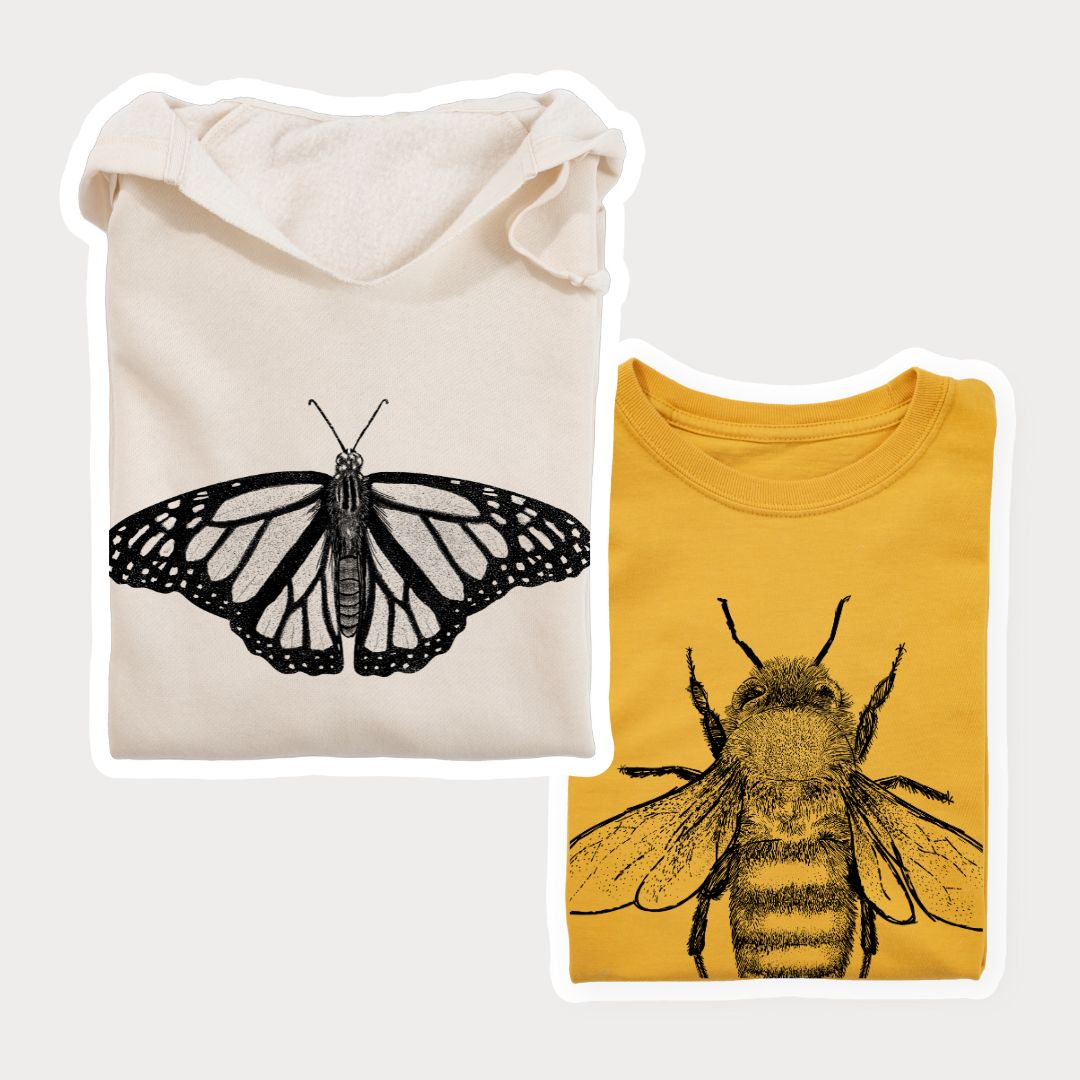
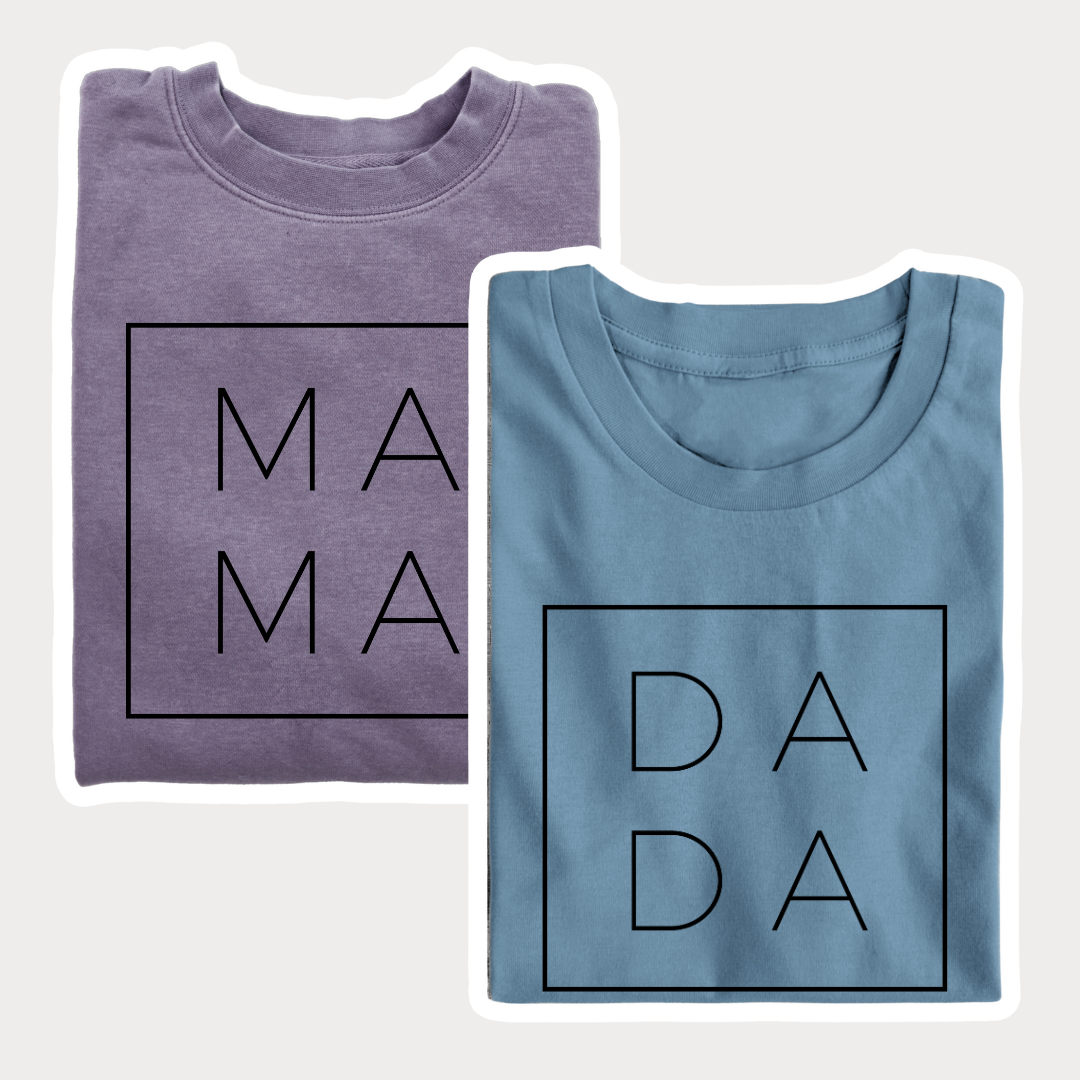
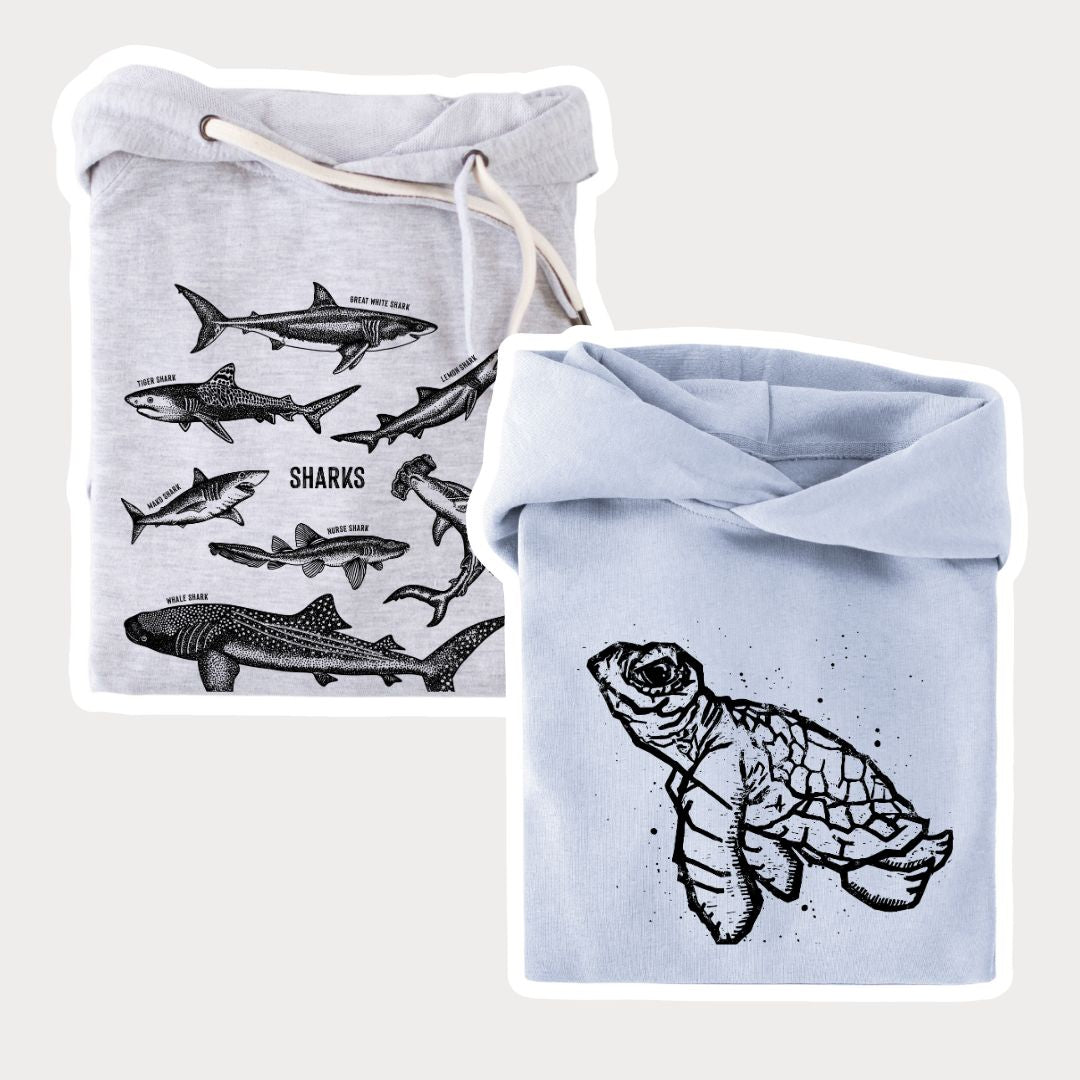
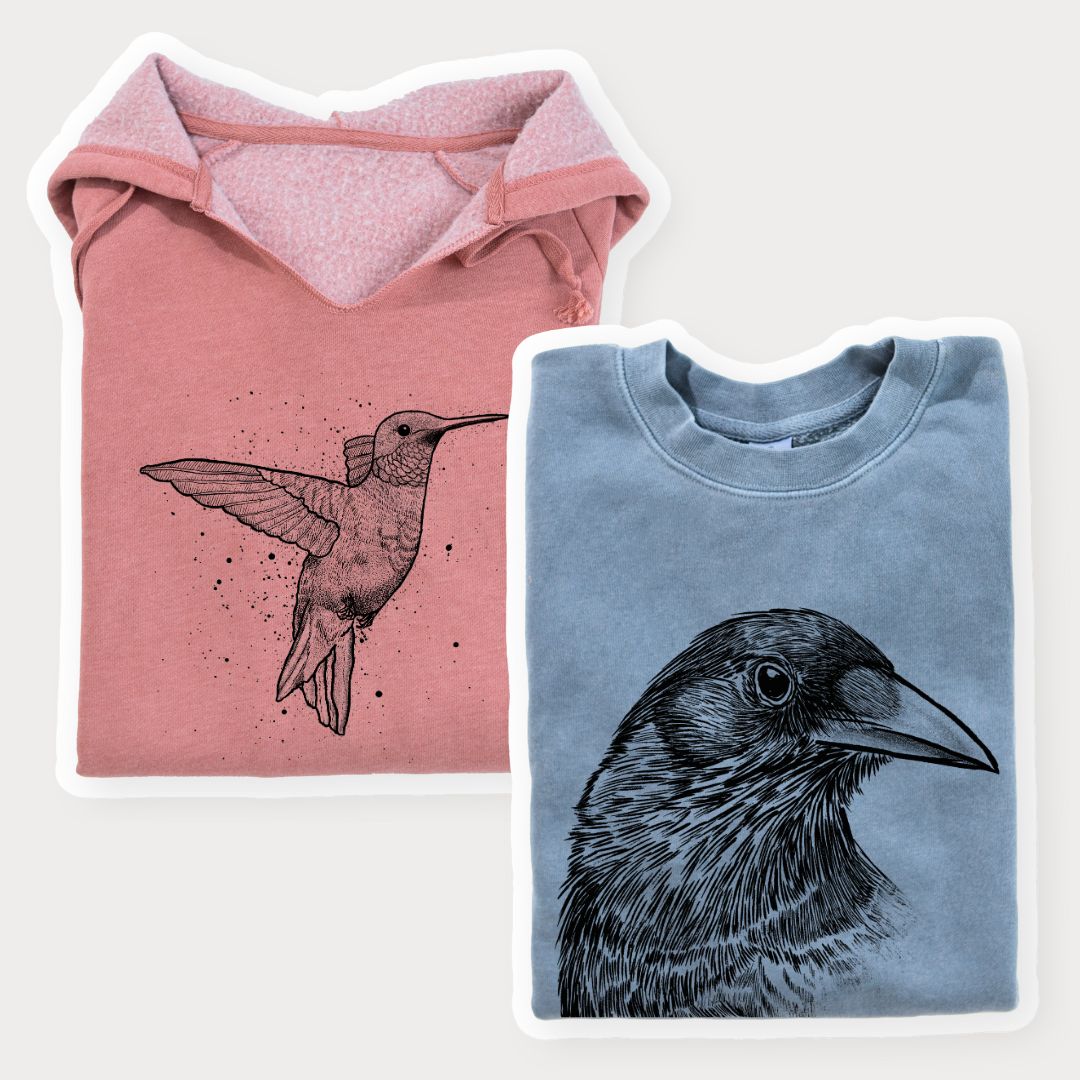
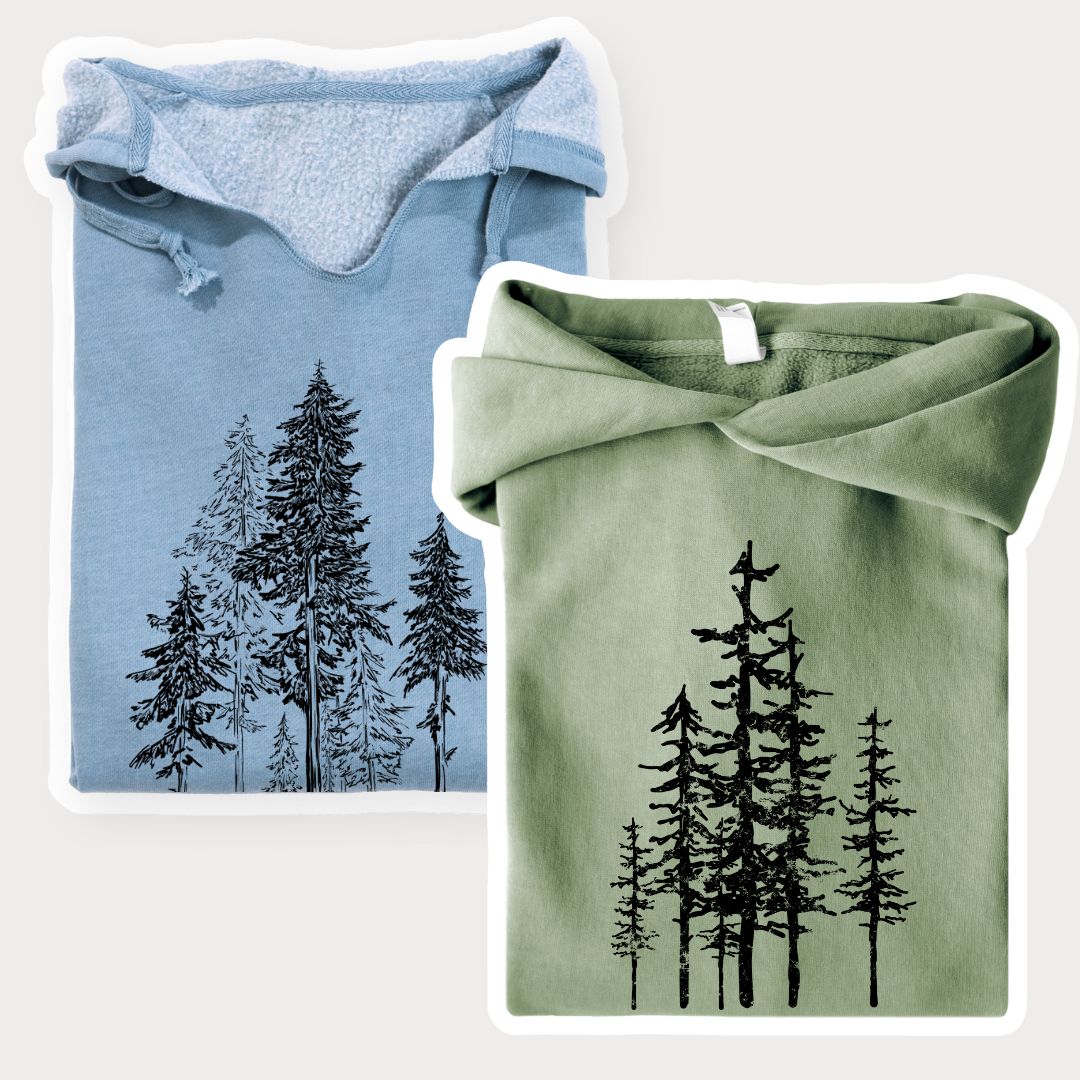
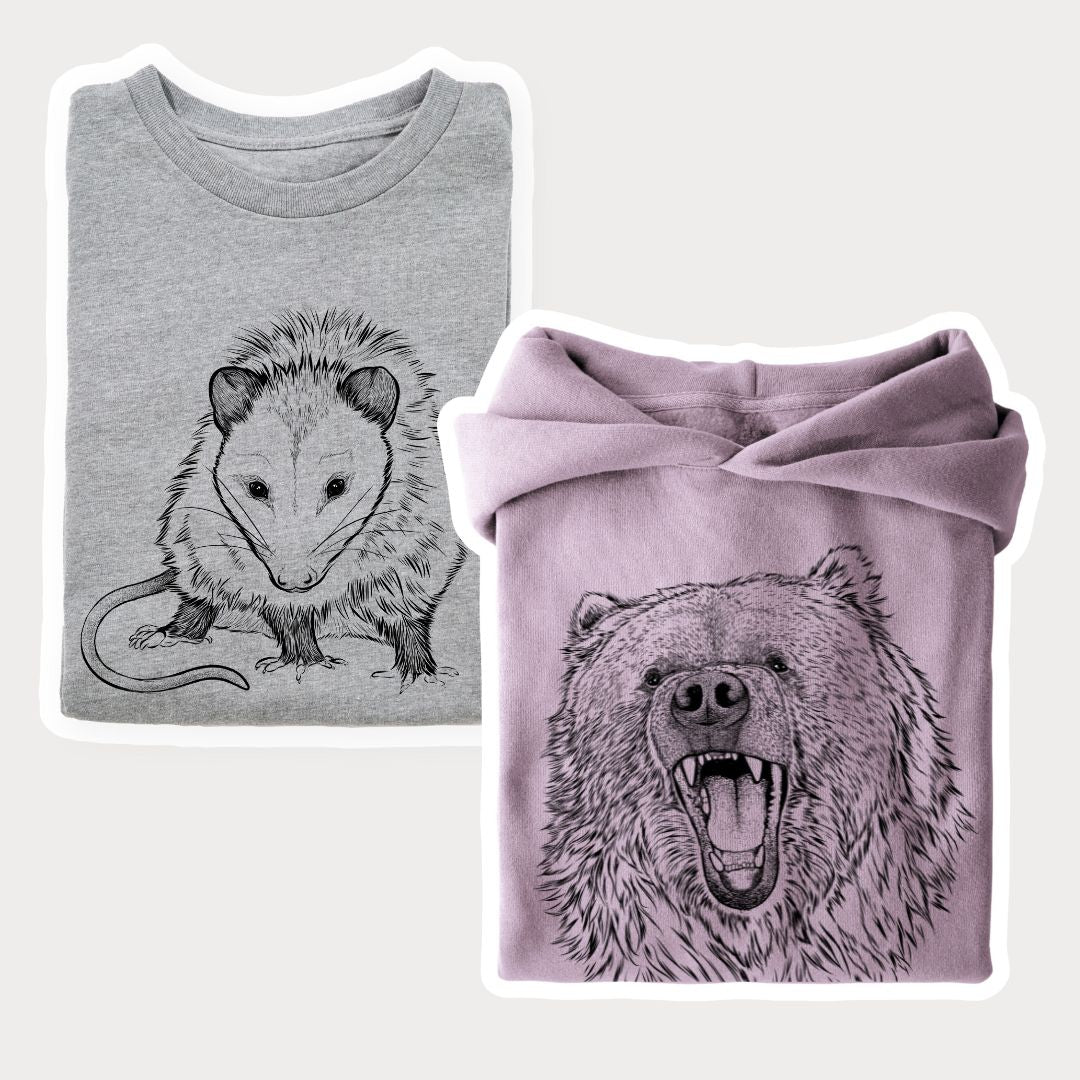
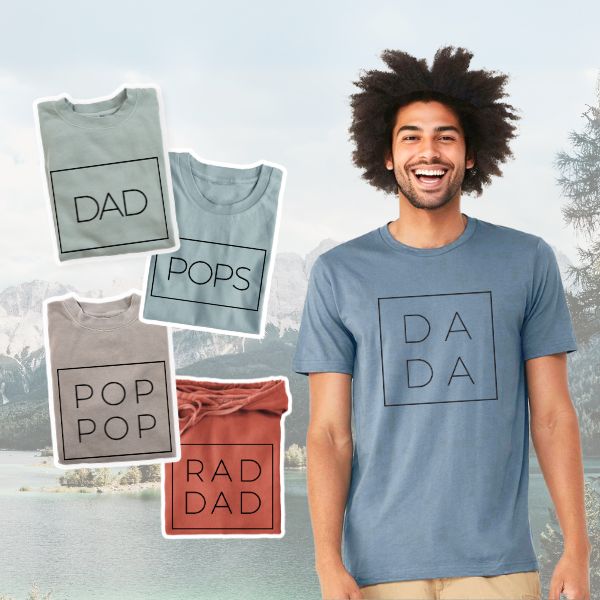

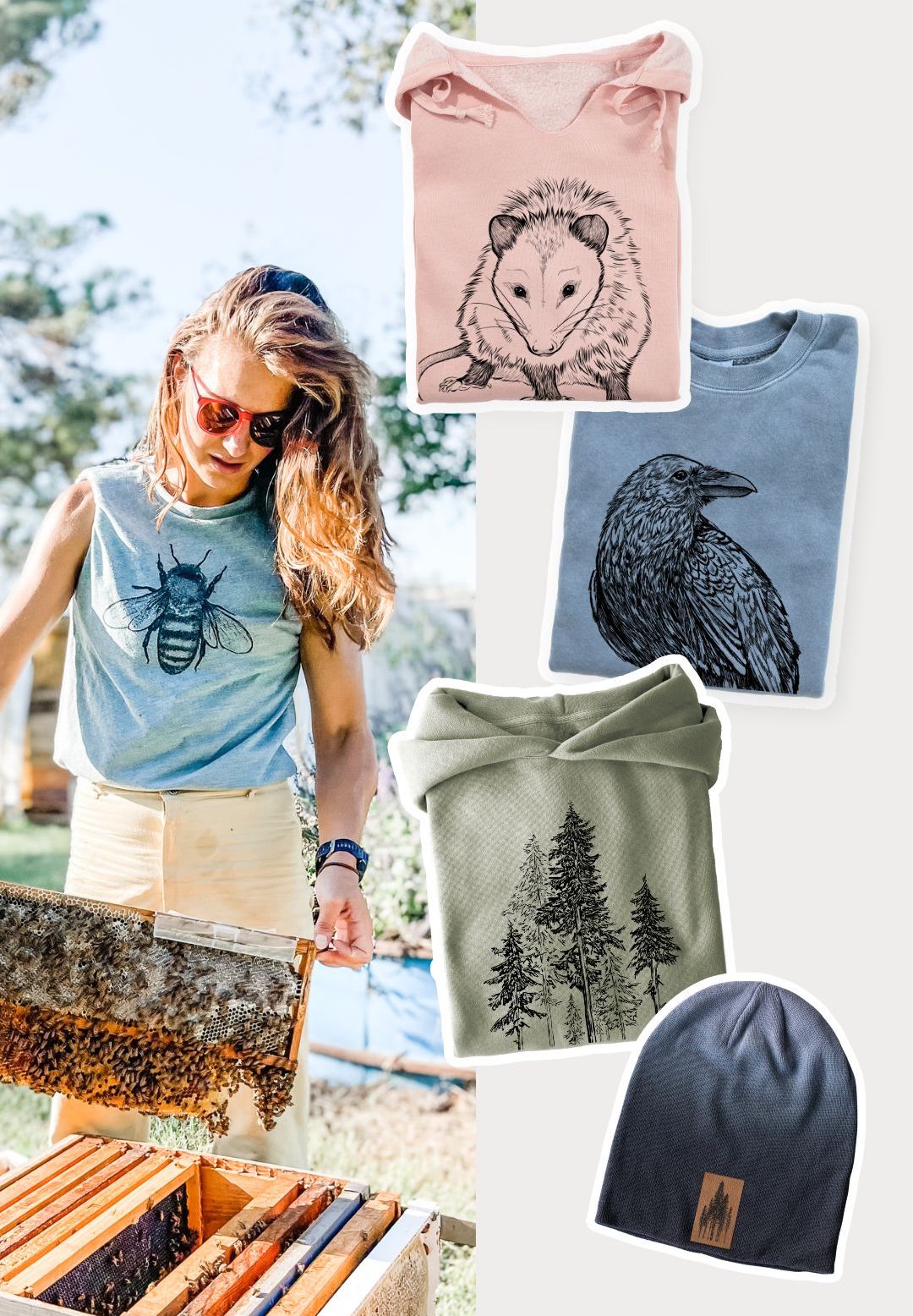
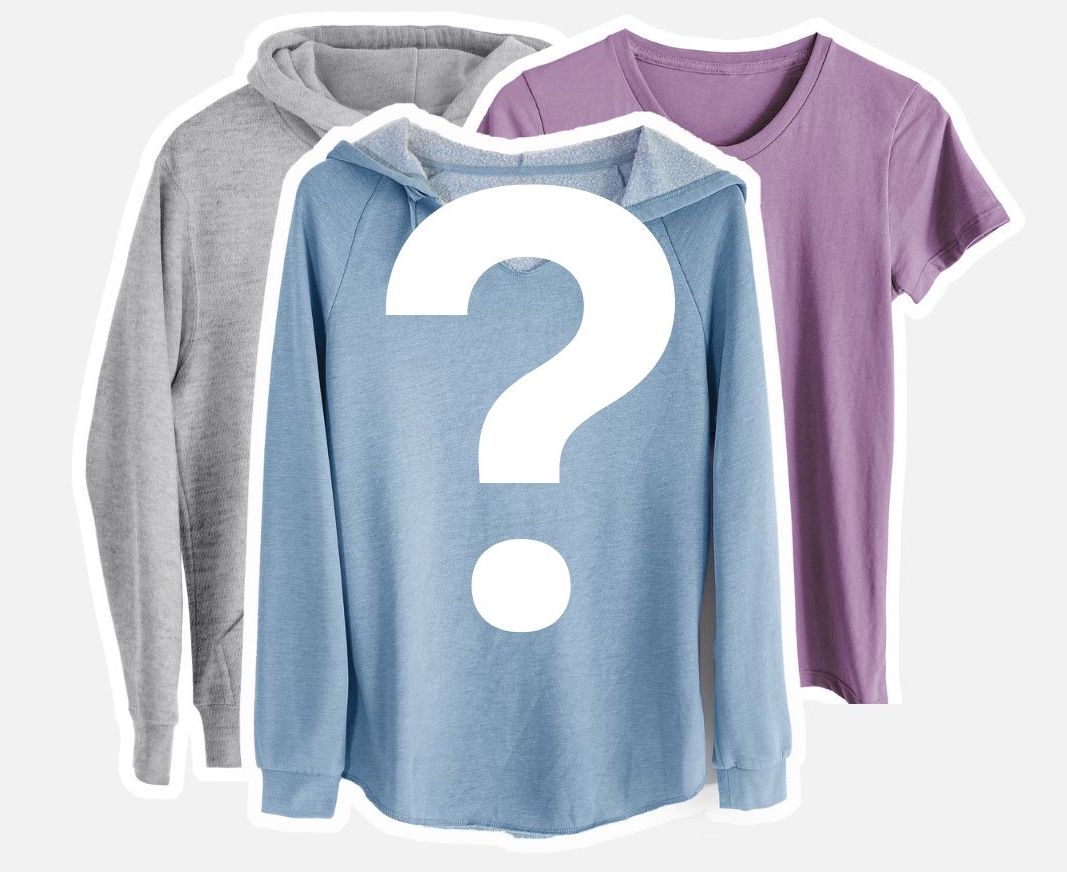
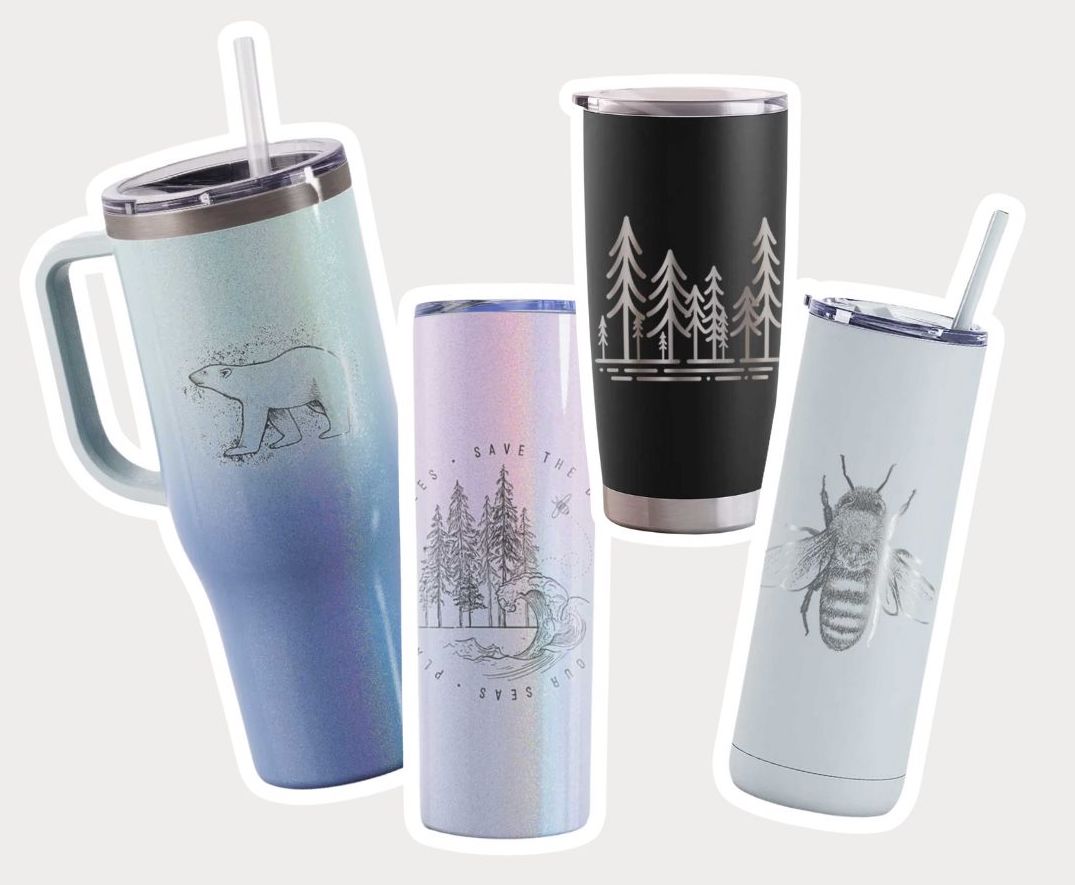
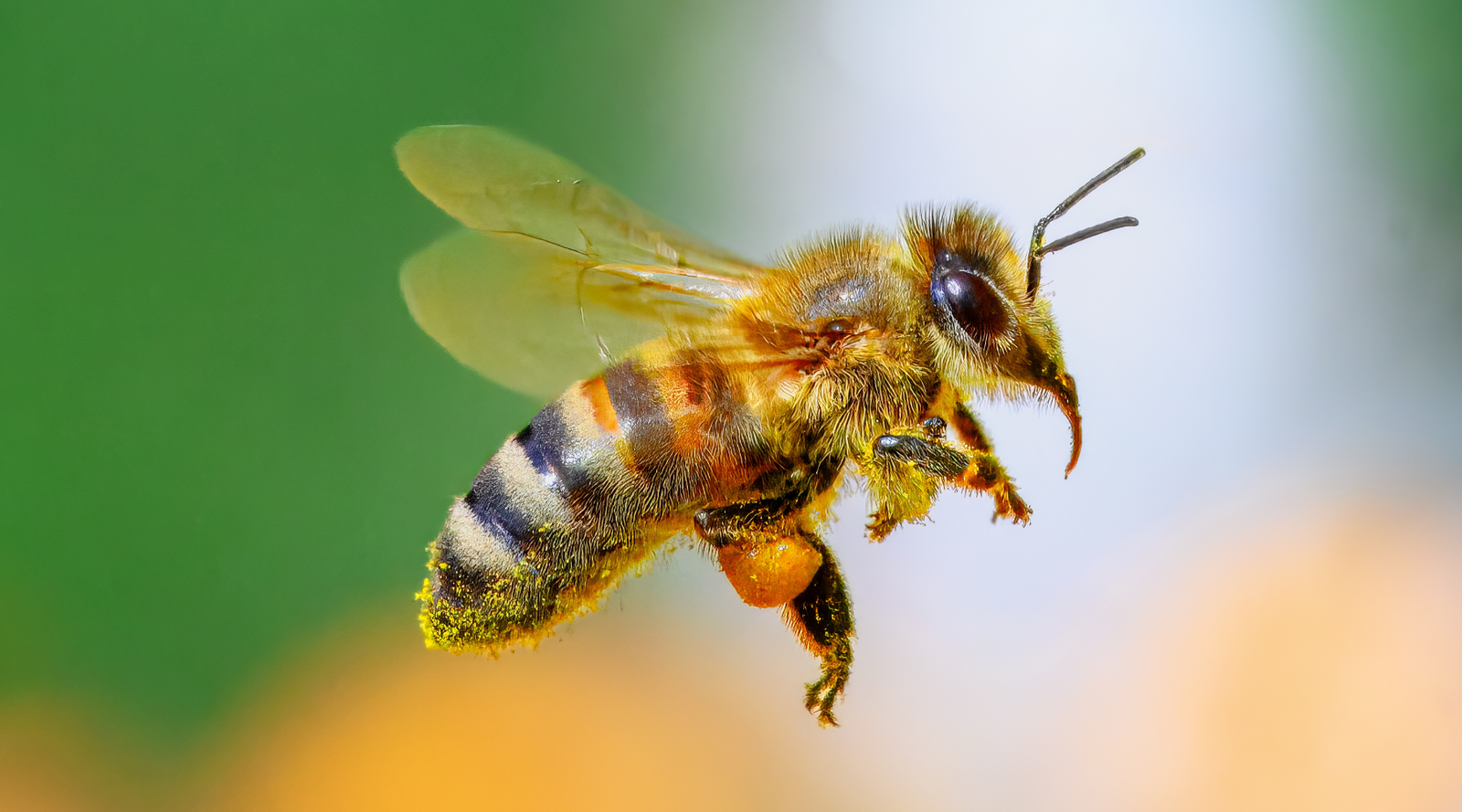
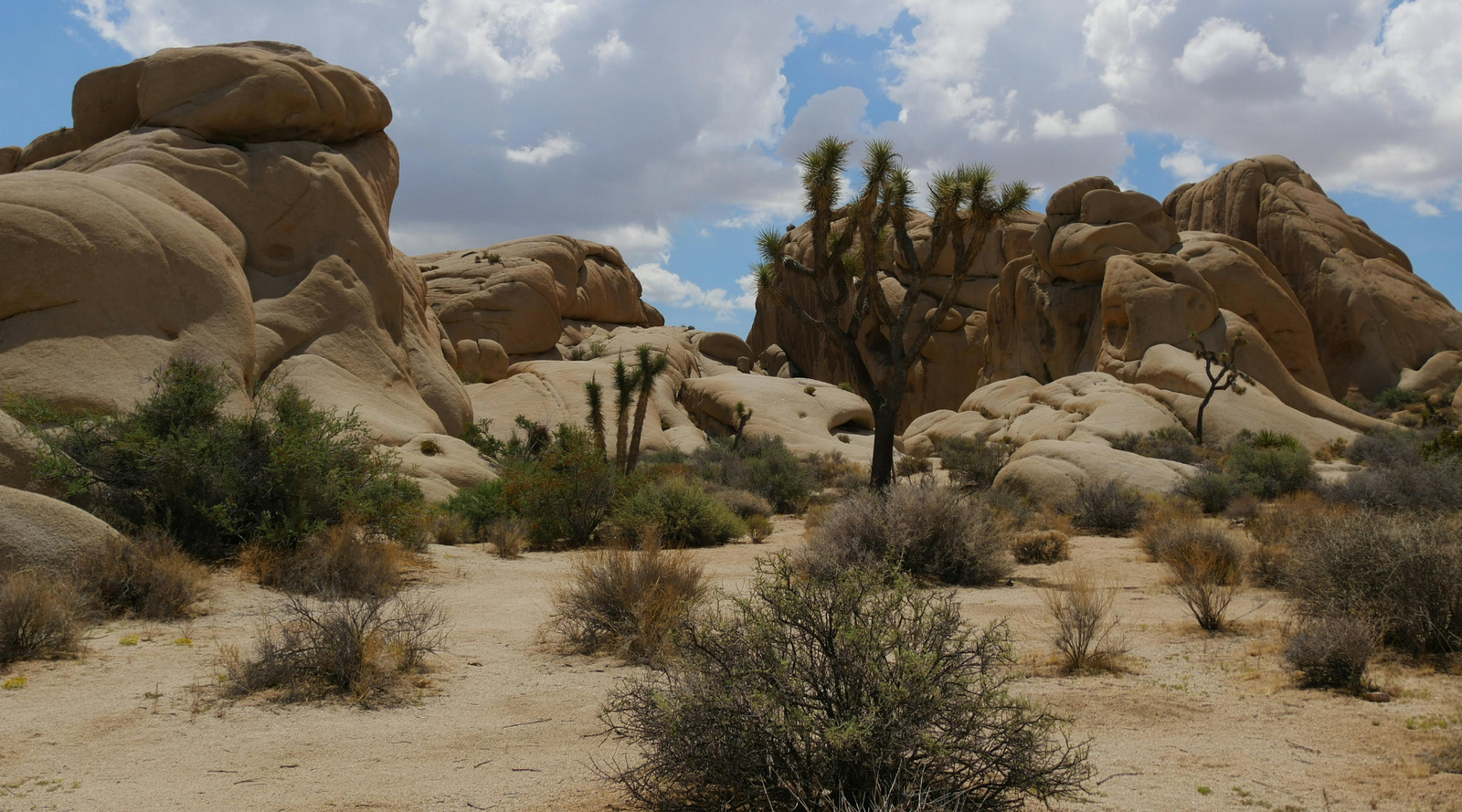
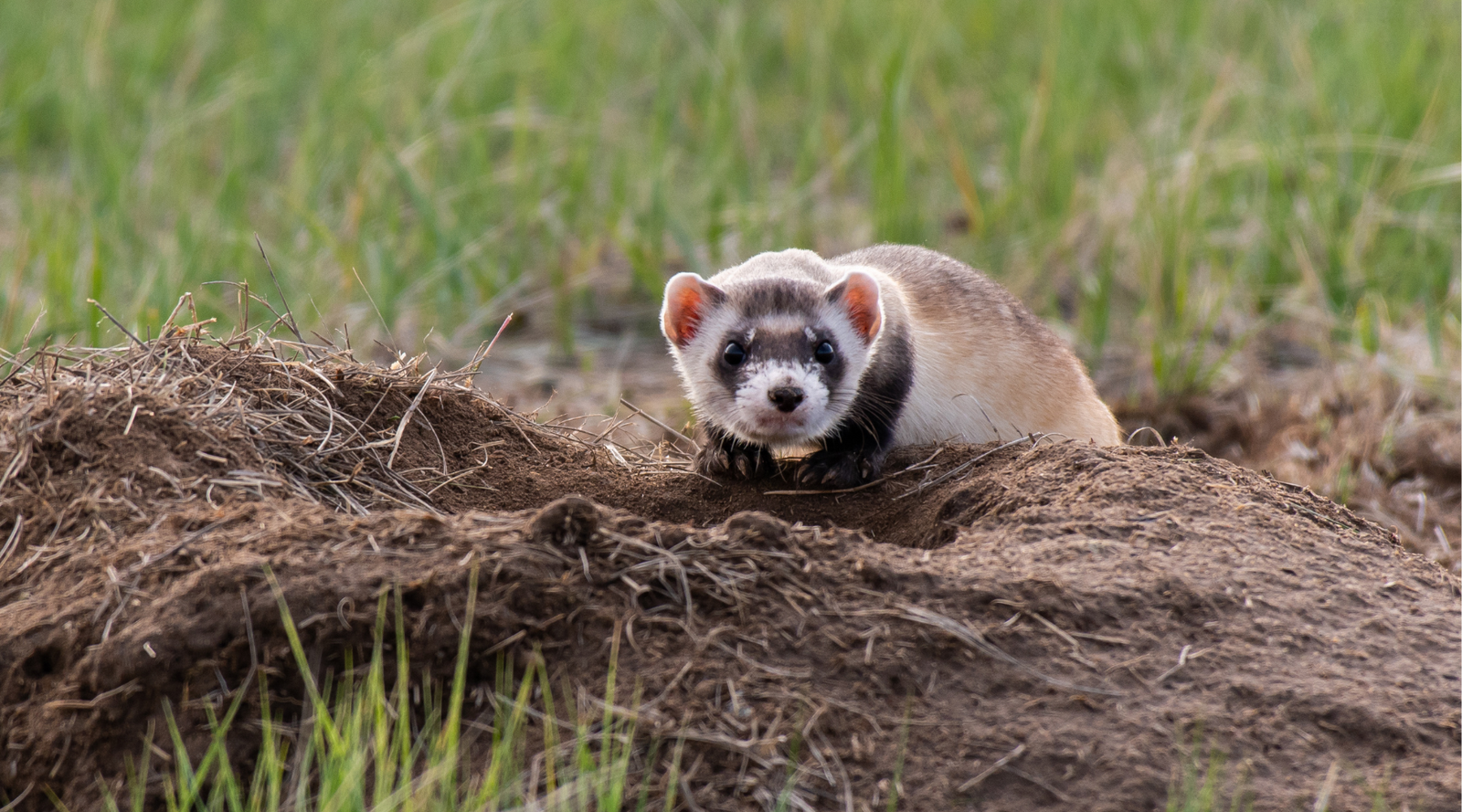
Leave a comment (all fields required)